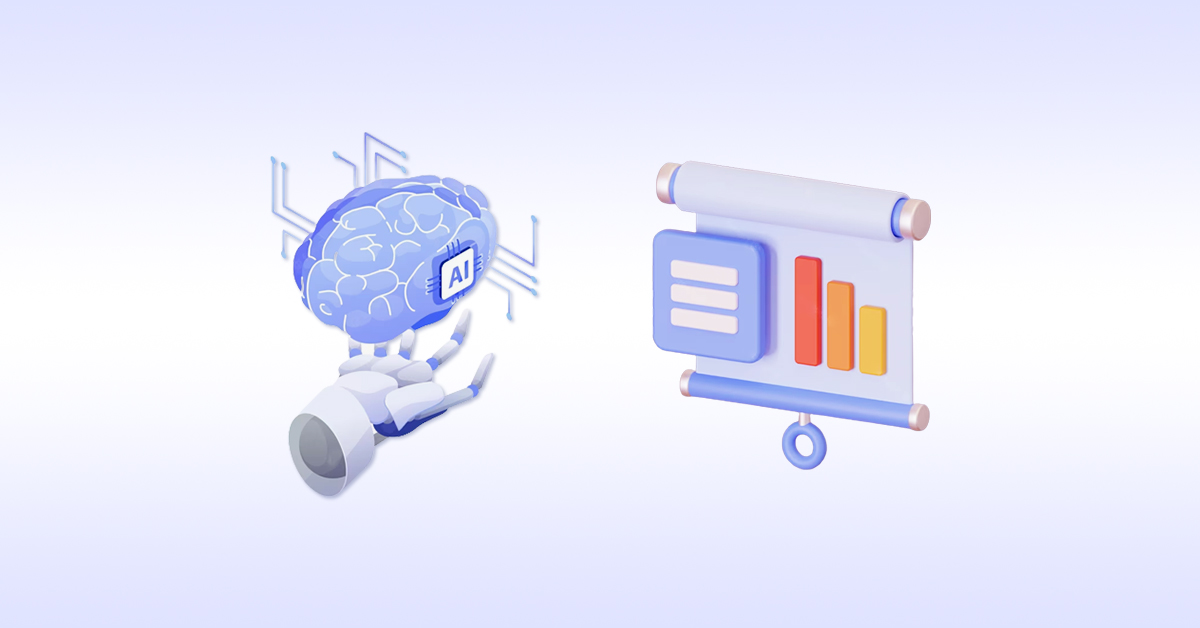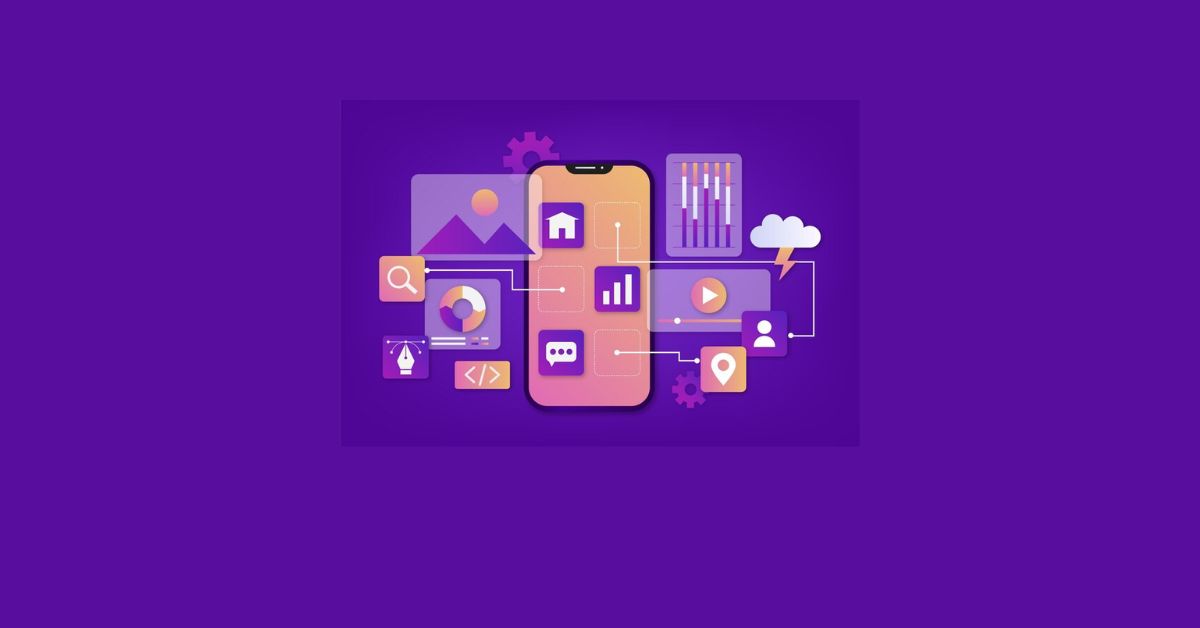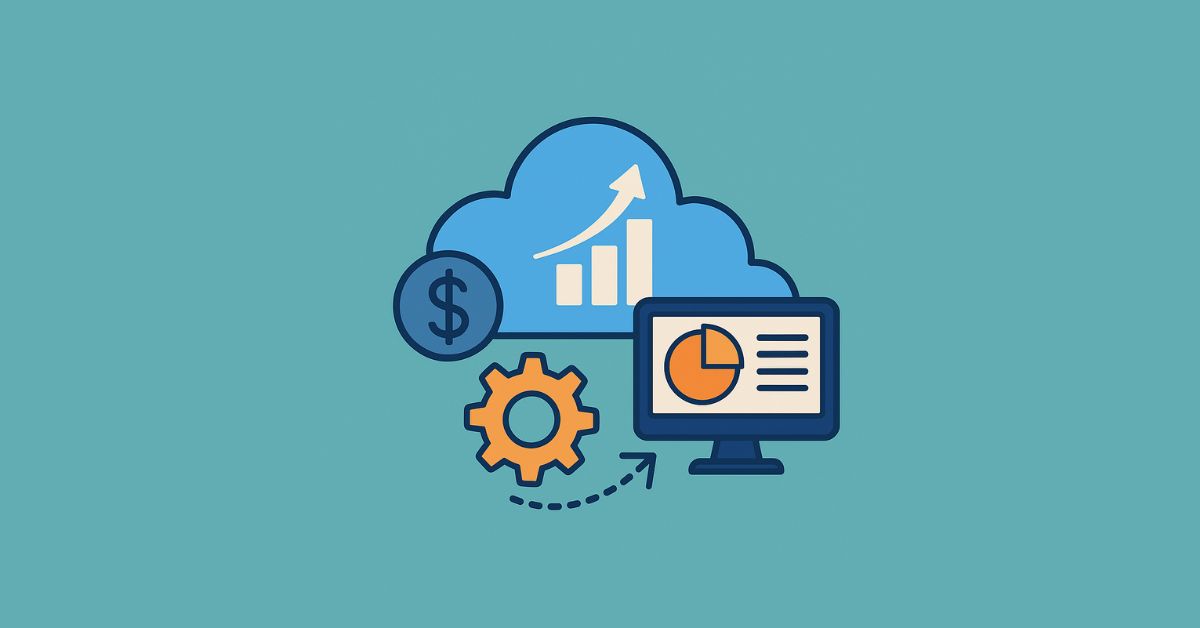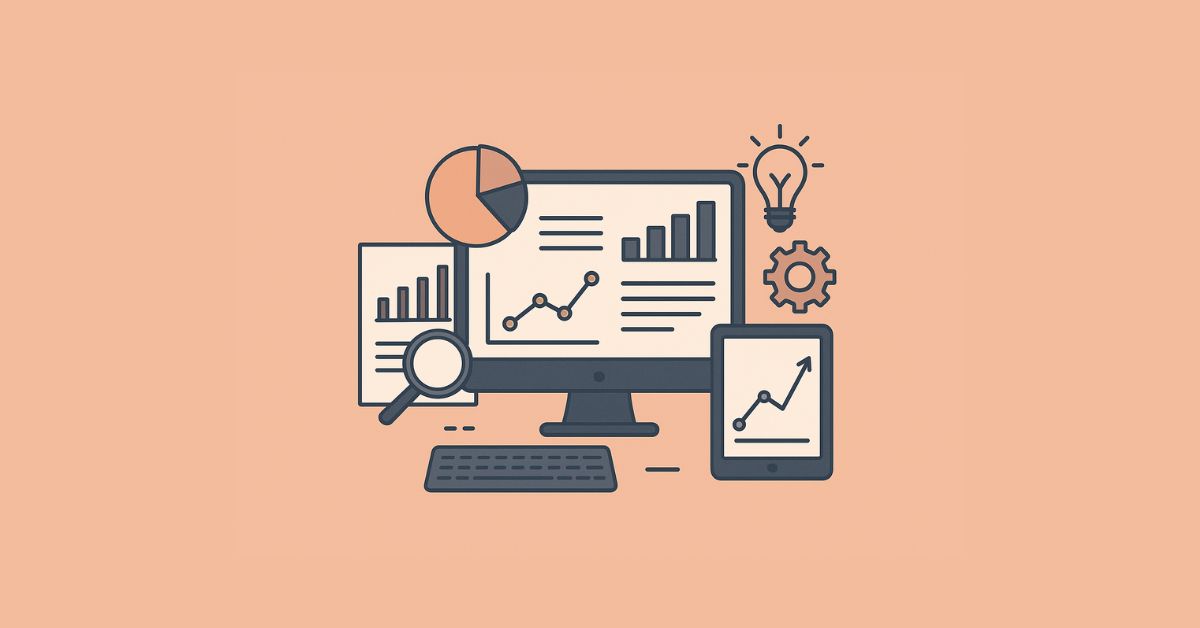In today’s world of automation, there is no future in which Data science and AI and lead a separate existence. With its incredible ability to generate valuable insight, data science was touted as the fourth industrial revolution until artificial intelligence arrived with its predictive model breaking human limitations on computing data. Today, artificial intelligence and data science complement each other working as inseparable tools with the potential to revolutionize human interaction with technology.
This article seeks to understand the difference between data science and artificial intelligence, the relationship between the two, and the possible predictive trends for the future of data science and ai
Defining what is Artificial Intelligence and Data Science
Artificial Intelligence is a complex collection of algorithms using technology to perform human problem-solving, decision-making, and reasoning tasks based on the input it receives from its immediate environment.
Data Science involves extracting valuable insight from unstructured data from several sources, such as machine learning, computing, analytics, and large datasets, to discover specific trends and conclusive patterns to make informed decisions. Data engineering is the architectural process of building an automotive infrastructure to help store, process and analyze large volumes of data.
Artificial Intelligence VS Data Science
- Data science involves pre-processing analysis, prediction, and visualization. AI is the implementation of a predictive model to foresee events.
- Data science involves the combined techniques of statistics, design, and development, whereas AI involves infrastructure and deployment of algorithm design, development, efficiency, and conversions.
- Data science is concerned with analytics; AI is concerned with machine learning.
- Data science helps build complex models by extracting facts, statistics, and insights. AI builds models based on certain levels of human cognition and understanding to create self-sufficiency that no longer requires human input.

You might want to read
The Future of Data Science and AI
Every industry field today depends heavily on automation technology to function effectively. Sectors like healthcare, aerospace, transport, software, and robotics especially see revolutionary advancements in data science and AI. The future of AI and data science has seeped into speed, efficiency, and accuracy at levels unmatched by humans. With machine learning projected as the holy grail of technology, the integration of AI with data science across the industry shows no evidence of slowing down. Here are some emerging trends where using AI or data science will transform the industry in several ways.
- AI-Based Cybersecurity: An AI-based cybersecurity system can proactively detect anomalous behavior and analyze new attack patterns for a more efficient and fast response cyber defense
- Healthcare: AI and data science in healthcare will prove critical to predicting patient outcomes, analyzing health risks for diseases, and developing personalized treatment plans.
- Edge Computing: Edge computing, with its ability to reduce latency, improves performance, enables real-time data processing, and performs distributed machine learning. It is an asset to data scientists to process and analyze data close to their source.
- Transportation: The transportation industry uses data science with artificial intelligence to forecast traffic patterns, improve traffic flow on roads, and identify bottlenecks to avoid potential delays. Autonomous self-driving cars are another feature of how AI will impact the auto industry.
- Analytics and AI: Industry across the board will rely on AI-driven analytics to create a sustainable competitive edge. Digitizing supply chains by combining AI, machine learning, and robotic process automation will encourage brand loyalty, retention, fraud detection, and sustainability.
- Blockchain-Based Artificial Intelligence: Blockchain technology combined with AI will provide secure AI-driven platforms for data storage to develop powerful AI algorithms and AI-powered apps.
- Explainable AI: The ability to communicate the outcomes of a data science and AI model to a lay audience will bridge the gap between data scientists and non-technical decision-makers, allowing them to understand data science models for making better judgments.
- Natural language processing (NLP): NLP, the most talked about the field of AI focusing on the interaction between humans and computers, will be used to analyze text data, social media posts, and customer feedback, generate articles, and gain insights into consumer behavior, sentiment, and trends. The biggest example of NLP is ChatGPT creating waves in 2023.
Conclusion:
As the line between both technology approaches narrows, the growing adoption of artificial intelligence and data science in industry projects an exciting landscape of amazing possibilities for complete automation. As Ai evolves, there are no limits to what it can achieve toward improving industry and people’s lives in the future. Click here to learn more about improving your business by implementing AI across your enterprise.
Frequently Asked Questions
Artificial intelligence consists of complex algorithms designed to mimic human intelligence to perform human-related tasks such as problem-solving, analysis, and decision-making.
Data science uses unstructured data from several sources to generate analytical metrics for discovering patterns to make better decisions for improved business.
Future AI trends include improvements in computer vision, reinforcement learning, and natural language processing. The ethical ramifications of AI and explainable AI are other topics of significant attention.
Data science will provide new opportunities for scientists to work with larger and more complicated data sets, including new tools and approaches for improved data analysis and interpretation.







